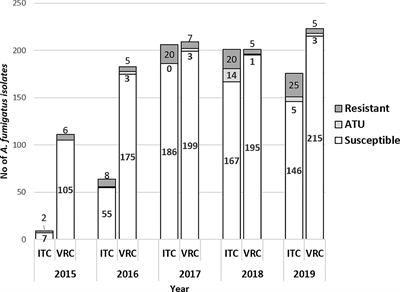EDITORIAL
Published on 09 Nov 2021
Editorial: Fungal Respiratory Infections in Cystic Fibrosis
doi 10.3389/fcimb.2021.800847
- 1,029 views
- 2 citations
12k
Total downloads
47k
Total views and downloads
Select the journal/section where you want your idea to be submitted:
EDITORIAL
Published on 09 Nov 2021
ORIGINAL RESEARCH
Published on 18 Feb 2021

ORIGINAL RESEARCH
Published on 22 Jan 2021

ORIGINAL RESEARCH
Published on 22 Jan 2021

ORIGINAL RESEARCH
Published on 11 Jan 2021

ORIGINAL RESEARCH
Published on 26 Nov 2020

ORIGINAL RESEARCH
Published on 11 Nov 2020

ORIGINAL RESEARCH
Published on 02 Nov 2020

ORIGINAL RESEARCH
Published on 28 Oct 2020

ORIGINAL RESEARCH
Published on 28 Oct 2020

ORIGINAL RESEARCH
Published on 06 Oct 2020

MINI REVIEW
Published on 29 Sep 2020


Frontiers in Fungal Biology